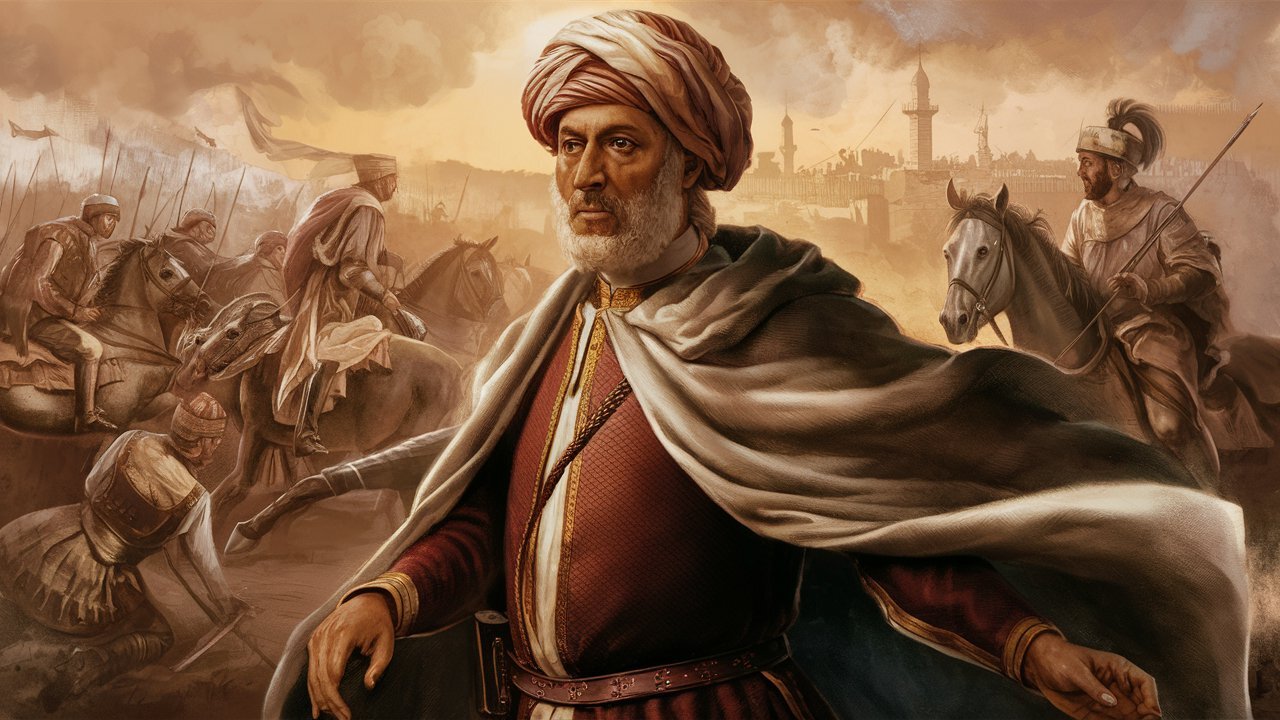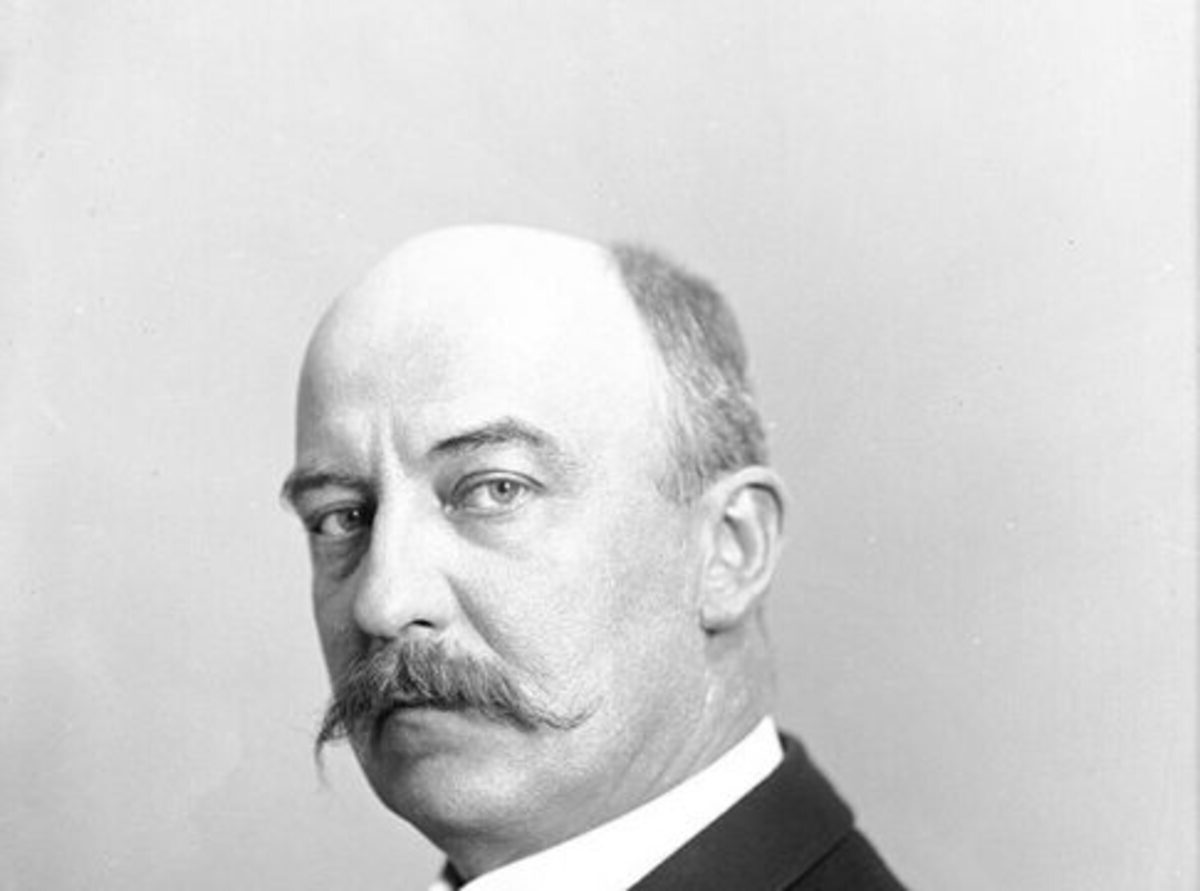
Saladin, a name that echoes through the annals of world history, stands as a symbol of chivalry, leadership, and military prowess. Born in 1137, this Kurdish leader rose to prominence during the Crusades, uniting Muslim factions and reclaiming Jerusalem from the Crusaders in 1187. But who was Saladin beyond the battlefield? What made him a revered figure not only in the Islamic world but also among his adversaries? This blog post delves into 14 intriguing facts about Saladin, shedding light on his life, his strategies, and his enduring legacy. Whether you're a history buff or just curious, these insights will offer a deeper understanding of this legendary figure.
Saladin's Early Life
Saladin, born in 1137 or 1138, was a prominent figure in world history. His early life set the stage for his future accomplishments.
- Saladin's birth name was Yusuf ibn Ayyub.
- He was born in Tikrit, a city in modern-day Iraq.
- Saladin's family was of Kurdish origin.
- His father, Najm ad-Din Ayyub, served as a military commander.
Rise to Power
Saladin's journey to power was marked by strategic alliances and military prowess.
- He began his career under his uncle, Shirkuh, a general in the Zengid dynasty.
- Saladin became the Vizier of Egypt in 1169.
- He founded the Ayyubid dynasty after overthrowing the Fatimid Caliphate.
Military Achievements
Saladin is best known for his military campaigns and leadership during the Crusades.
- He recaptured Jerusalem from the Crusaders in 1187.
- The Battle of Hattin was a decisive victory for Saladin.
- He successfully united the Muslim states of Syria, Egypt, and Mesopotamia.
Legacy and Influence
Saladin's legacy extends beyond his military conquests. His leadership and character left a lasting impact.
- He was known for his chivalry and generosity.
- Saladin established hospitals and schools throughout his empire.
- His respectful treatment of prisoners earned him admiration from both Muslims and Christians.
- Saladin's death in 1193 marked the end of an era, but his legacy continued to inspire future generations.
Saladin's Legacy in World History
Saladin's impact on world history is undeniable. Known for his chivalry, strategic brilliance, and leadership during the Crusades, he remains a symbol of justice and honor. His ability to unite the Muslim world against the Crusaders showcased his diplomatic skills and military prowess. Saladin's respect for his enemies, including his famous rivalry with Richard the Lionheart, set him apart as a leader who valued humanity over conquest. His legacy continues to inspire leaders and historians alike, reminding us of the power of unity and compassion in times of conflict. Saladin's story isn't just about battles and victories; it's about the enduring values of respect, honor, and leadership. As we reflect on his life, we see a figure who transcended his era, leaving a lasting mark on history that still resonates today.
Was this page helpful?
Our commitment to delivering trustworthy and engaging content is at the heart of what we do. Each fact on our site is contributed by real users like you, bringing a wealth of diverse insights and information. To ensure the highest standards of accuracy and reliability, our dedicated editors meticulously review each submission. This process guarantees that the facts we share are not only fascinating but also credible. Trust in our commitment to quality and authenticity as you explore and learn with us.


